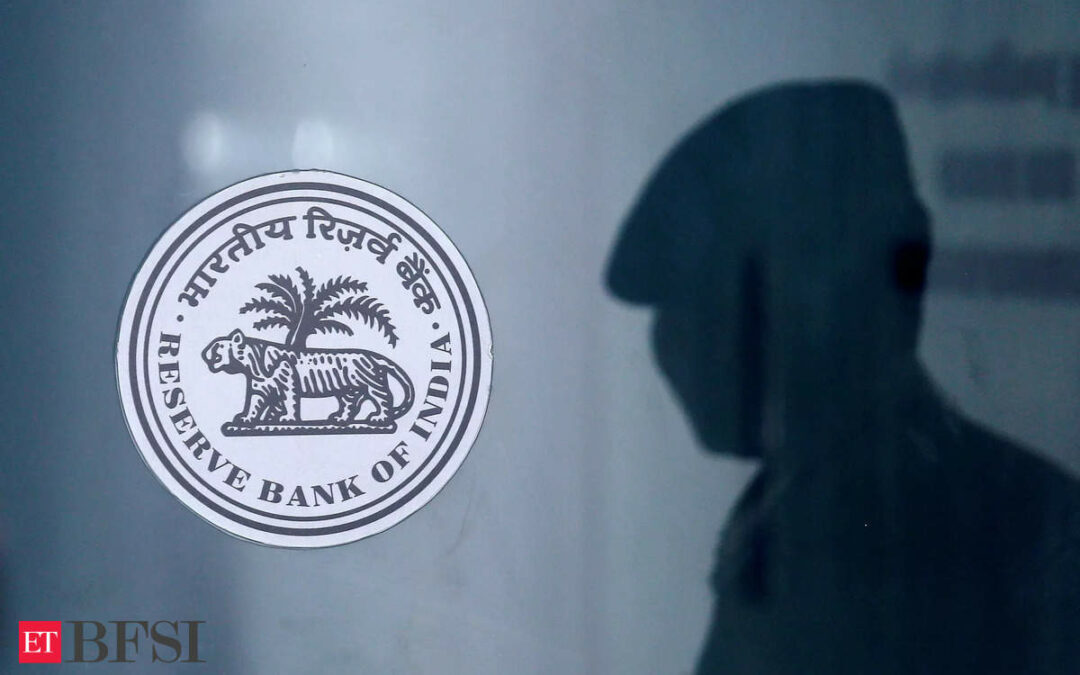As India’s Lok Sabha elections unfold, the Reserve Bank of India (RBI) has taken proactive steps to safeguard the electoral process against potential financial influence. The central bank has directed non-bank payment system operators (PSOs) to heighten vigilance over high-value and suspicious transactions conducted through electronic modes of payment.
In a letter dated April 15, the RBI underscored the susceptibility of various electronic payment channels to misuse for the transfer of funds aimed at influencing voters or financing electoral candidates. As a preventive measure, the RBI urged PSOs to diligently track such transactions and promptly report any irregularities to the appropriate authorities or agencies.
A significant move
This directive holds particular significance against the backdrop of growing concerns raised by the Election Commission of India (ECI) regarding the integrity of electoral processes. The ECI has emphasized the need for swift and decisive action to address any attempts at financial manipulation during the electoral cycle.
The Lok Sabha election process commenced on April 19, spanning seven phases and culminating in the counting of votes scheduled for June 4. With the stakes high and the political atmosphere charged, the RBI’s intervention aims to fortify the electoral framework against potential vulnerabilities posed by electronic payment systems.
Non-bank PSOs include a diverse array of entities integral to the digital payment ecosystem. These include payment gateways such as Razorpay and PayU, aggregators, payment apps like Paytm and PhonePe, and major card networks including Visa, Mastercard, and Rupay. By overseeing the flow of funds in online transactions, these intermediaries play a crucial role in facilitating, processing, and settling payments between parties.











